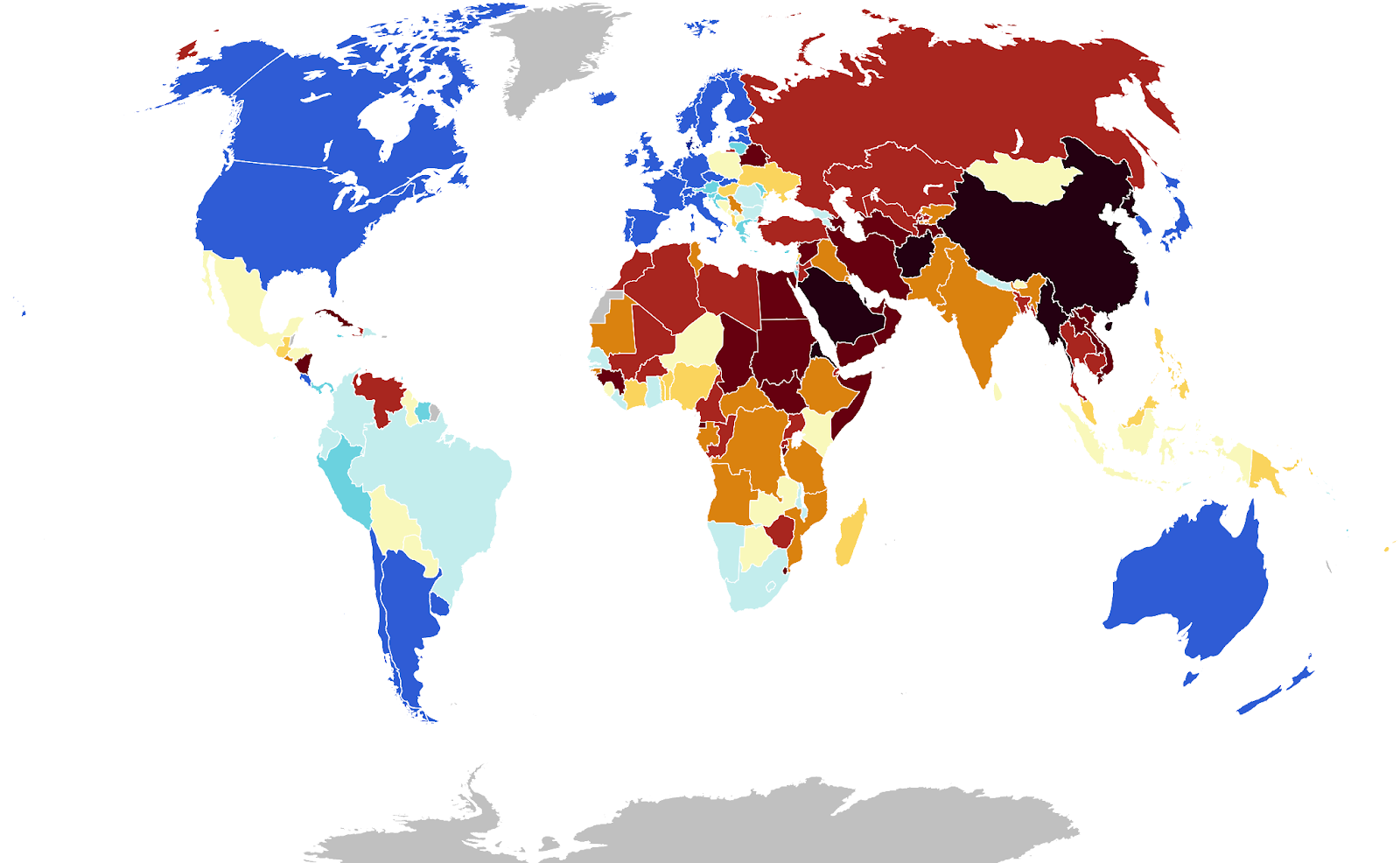Kenyan Lawyer Goes on Trial in the ICC for Witness Tampering
International Criminal Court building in The Hague, Netherlands (Wikimedia)
February 15 marked the beginning of the trial of Kenyan lawyer Paul Gicheru at the International Criminal Court (ICC), located in The Hague, Netherlands. Gicheru stands accused of tampering with witnesses in a different ICC case, which ended in a mistrial in 2016. Gicheru allegedly led a group - that worked from 2013 to the end of the trial - that bribed and threatened witnesses in order to recant their witness statements and refuse to testify. The ICC issued an arrest warrant for Gicheru in 2015, but he did not surrender to authorities until late 2020.
The 2016 case was the trial of William Ruto, who is currently the Vice President of Kenya and is running for president. Ruto was tried for his involvement in ethnic violence, which left over 1300 people dead after a 2007 election. The violence broke out after then-President Mwai Kibaki, a member of the Kikuyu ethnic group, was accused of rigging the election. The riots that resulted from these accusations led to the mass killings of Kikuyu Kenyans. Ruto allegedly held meetings with members of his tribe, the Kalenjin, in order to organize attacks on Kikuyu civilians.
Charges of murder, deportation, and persecution against Ruto were thrown out by a split decision, which cited a “troubling incidence of witness interference.” That interference is the subject of Gicheru’s current trial. Gicheru has denied all the charges against him, which could carry a sentence of up to five years in prison if he is convicted.
The evidence against Gicheru comes from a number of witnesses who say they were promised up to five million Kenyan Shillings ($44,000) to recant their testimony and help Gicheru identify other possible witnesses. The witnesses claimed they felt they were being threatened with violence if they did not agree to what Gicheru was asking.
Vice President Ruto - although absent from the trial - nevertheless played a significant role. Multiple witnesses have stated that they were either directly told or were led to assume that the money Gicheru gave them was coming from Ruto. However, the trial and accusations have had little impact on Ruto’s bid for the Kenyan Presidency, where he is currently leading in the polls for the August election.
Even this Gicheru’s trial has not been free from possible interference. One key witness, who had agreed to testify in the case, broke off contact with investigators and disappeared shortly before the trial began. The witness was allegedly involved in delivering payments for Gicheru. The ICC has requested assistance from the Kenyan government in compelling the witness to appear at the trial, which is expected to last through the end of the month.






